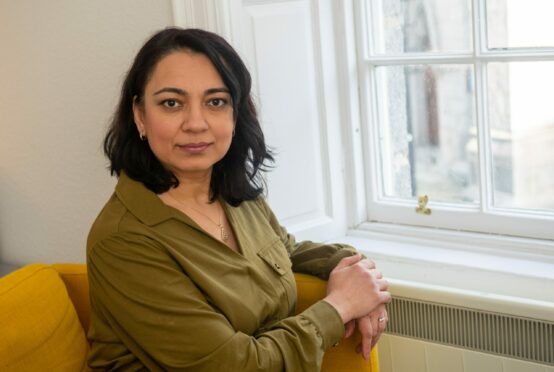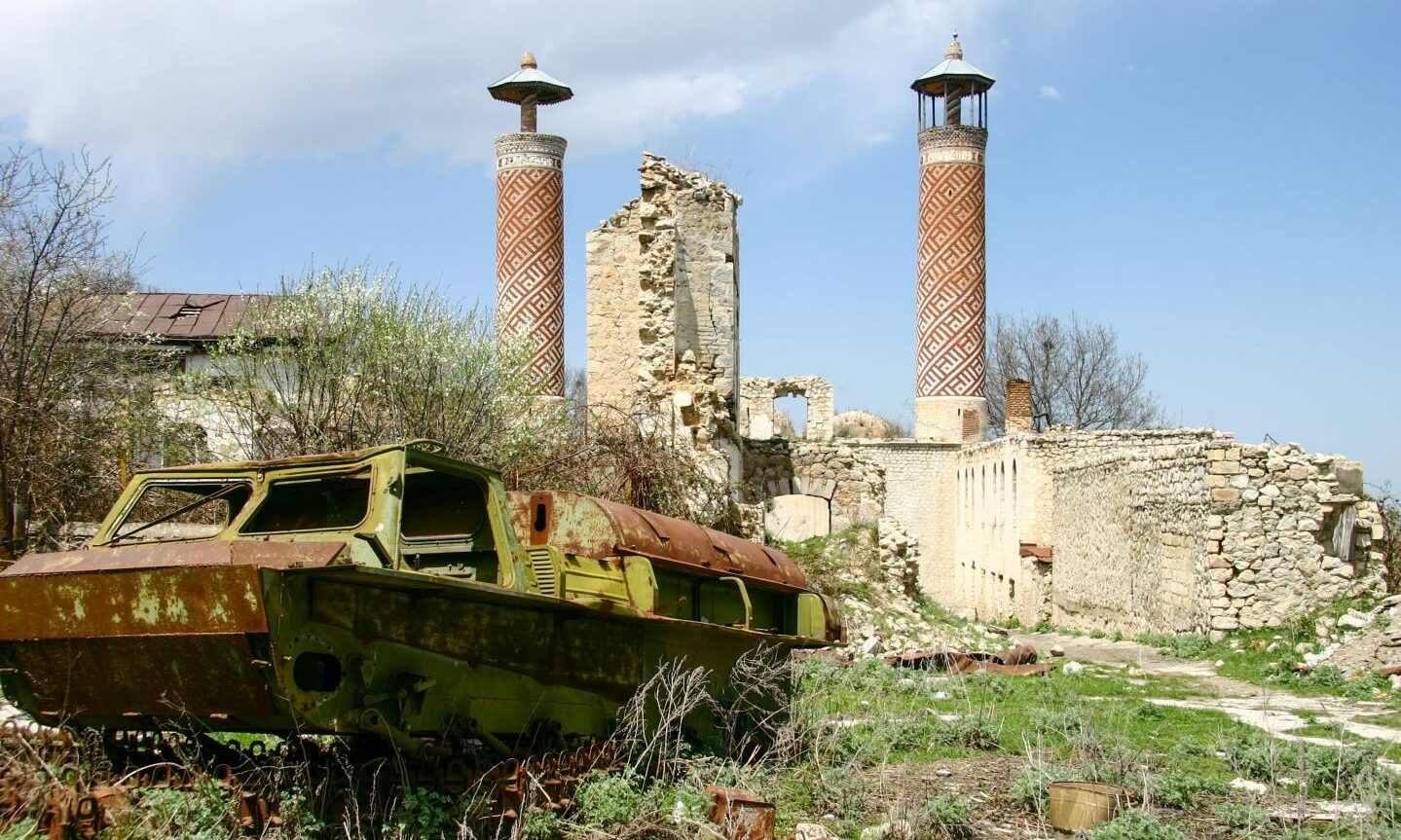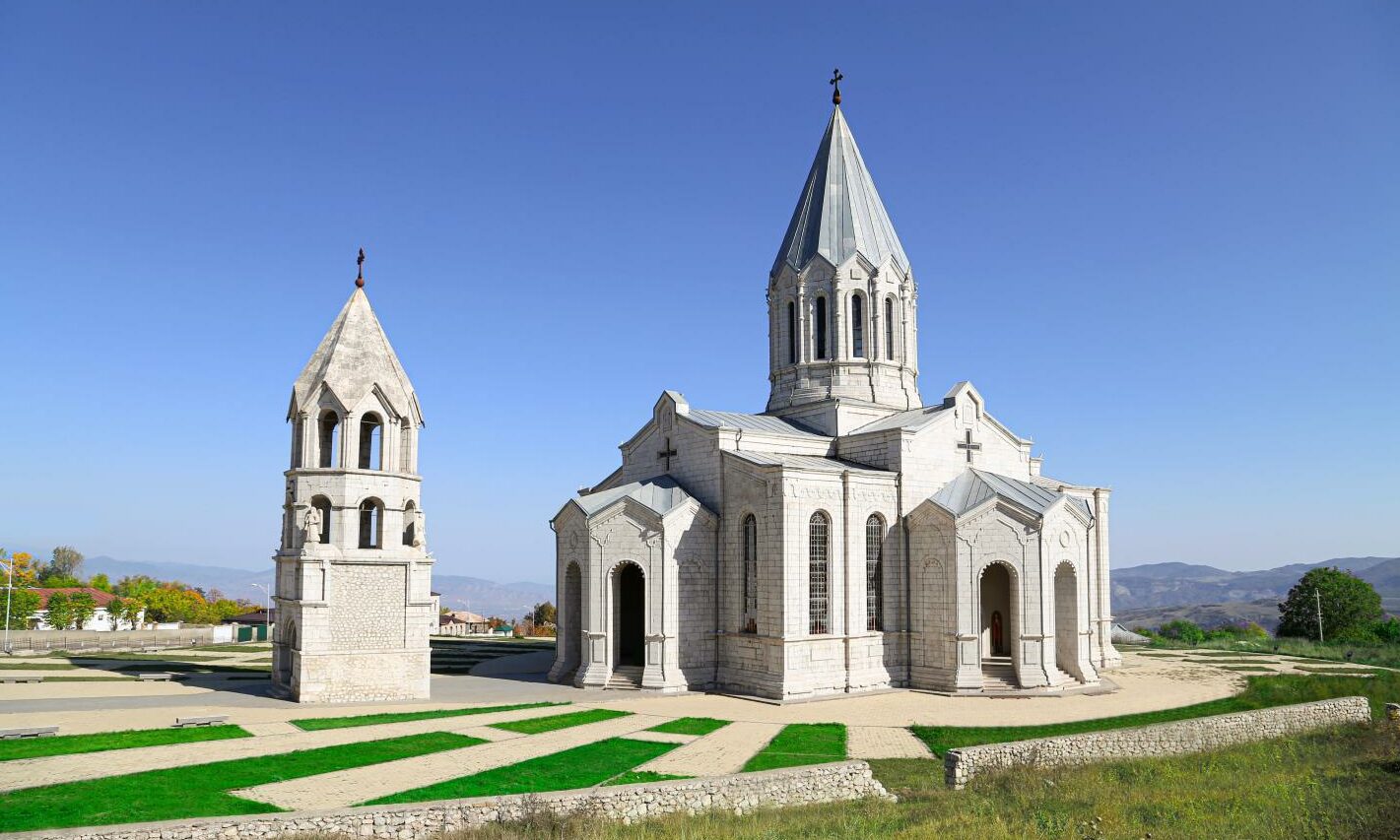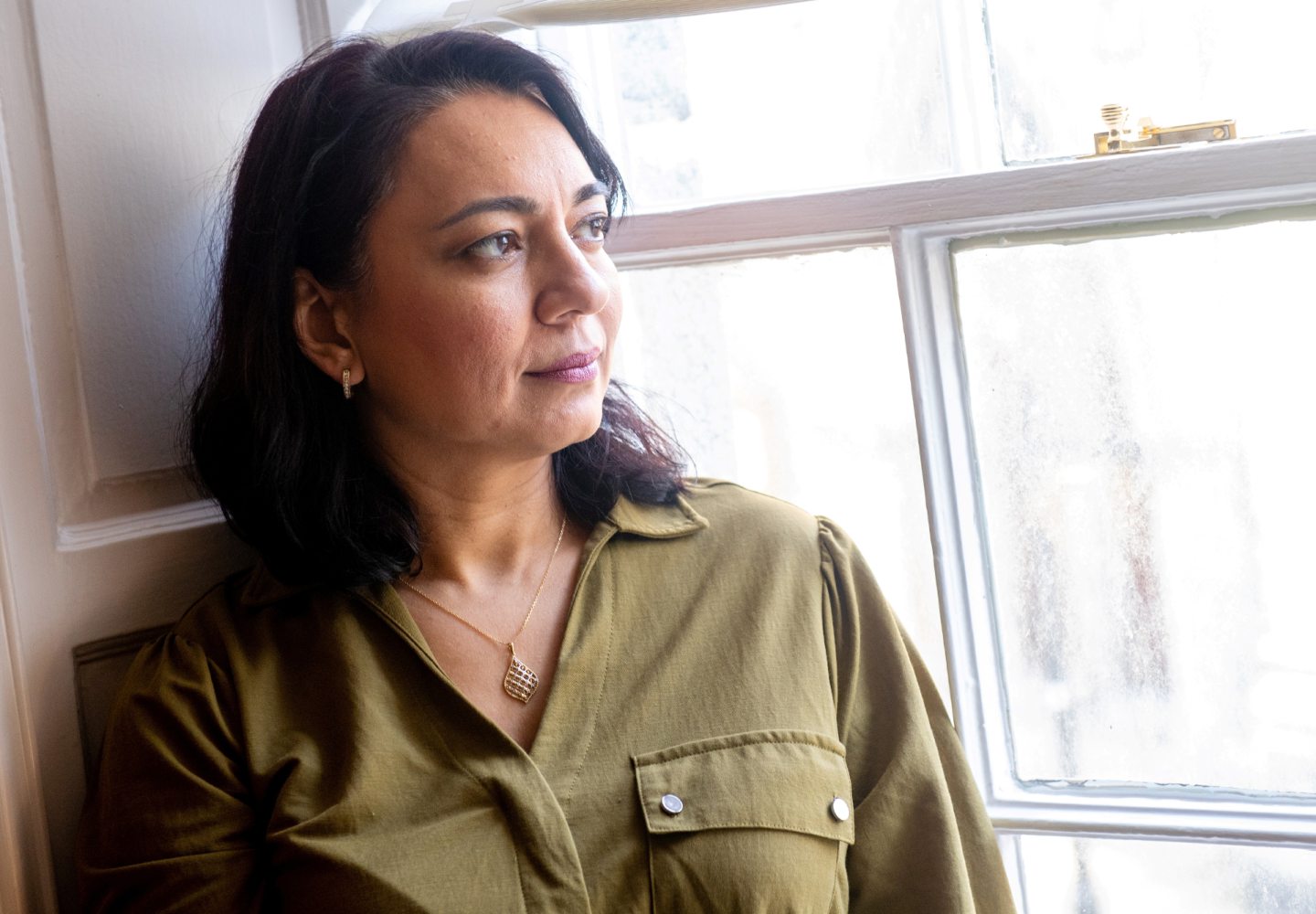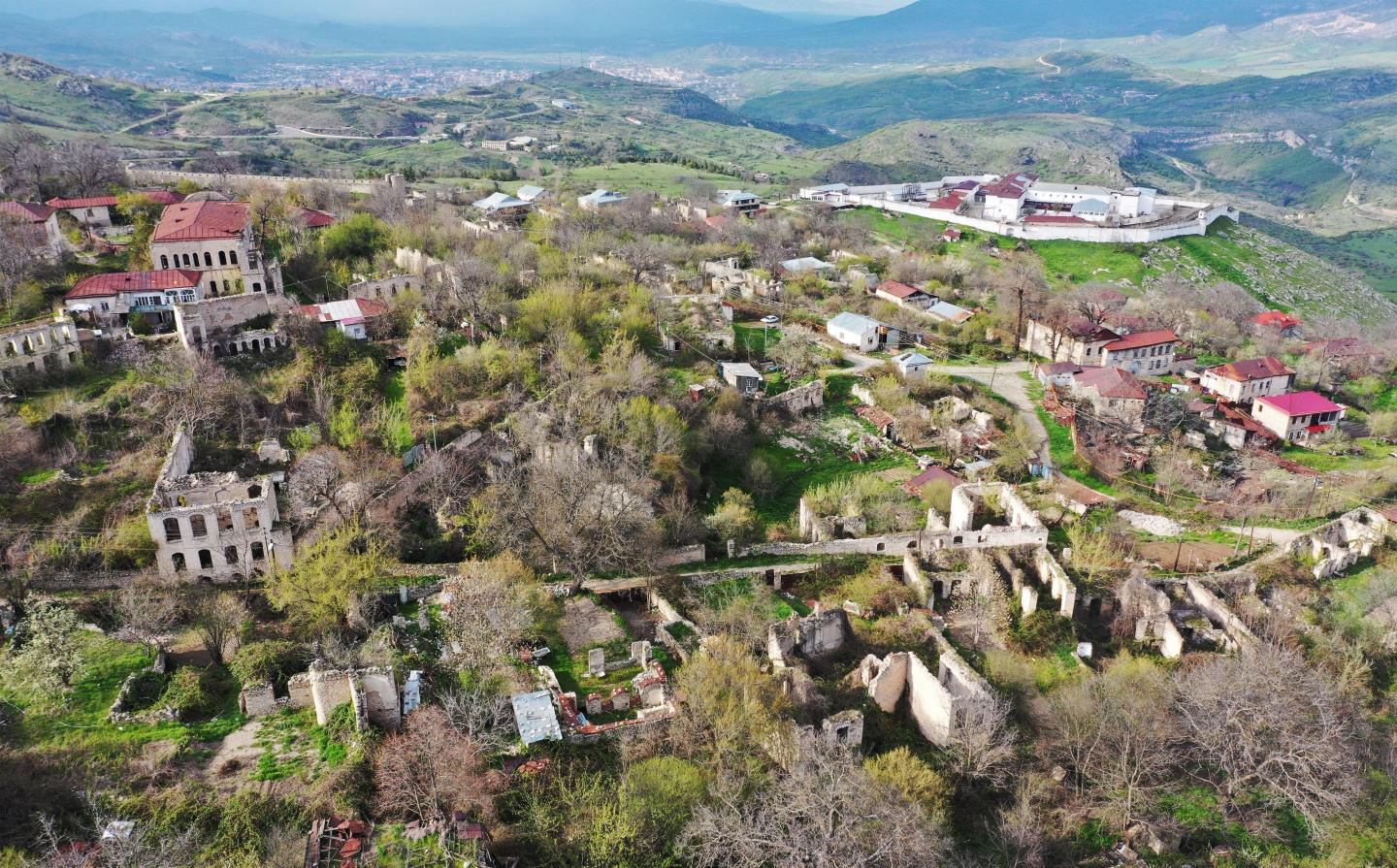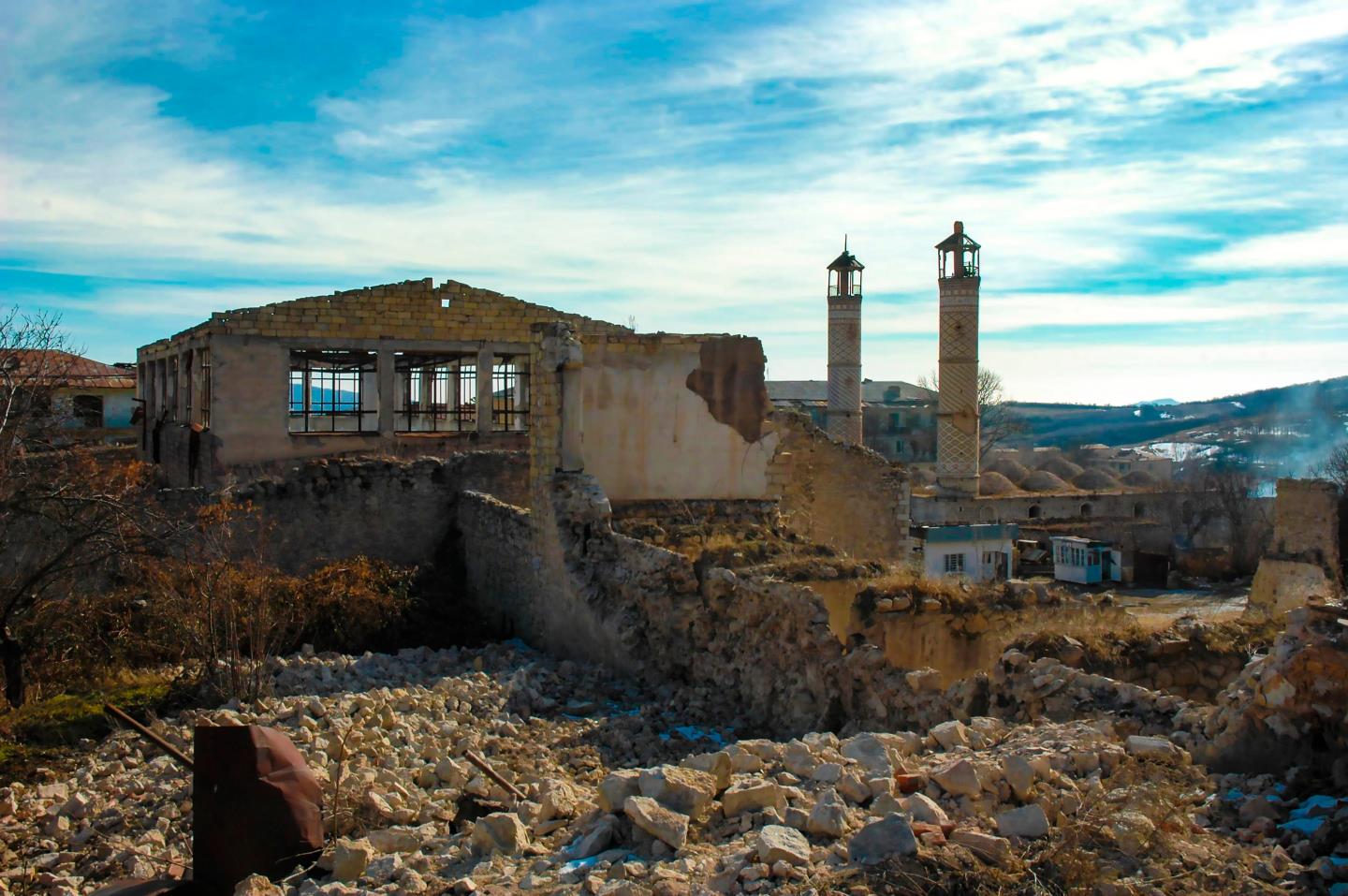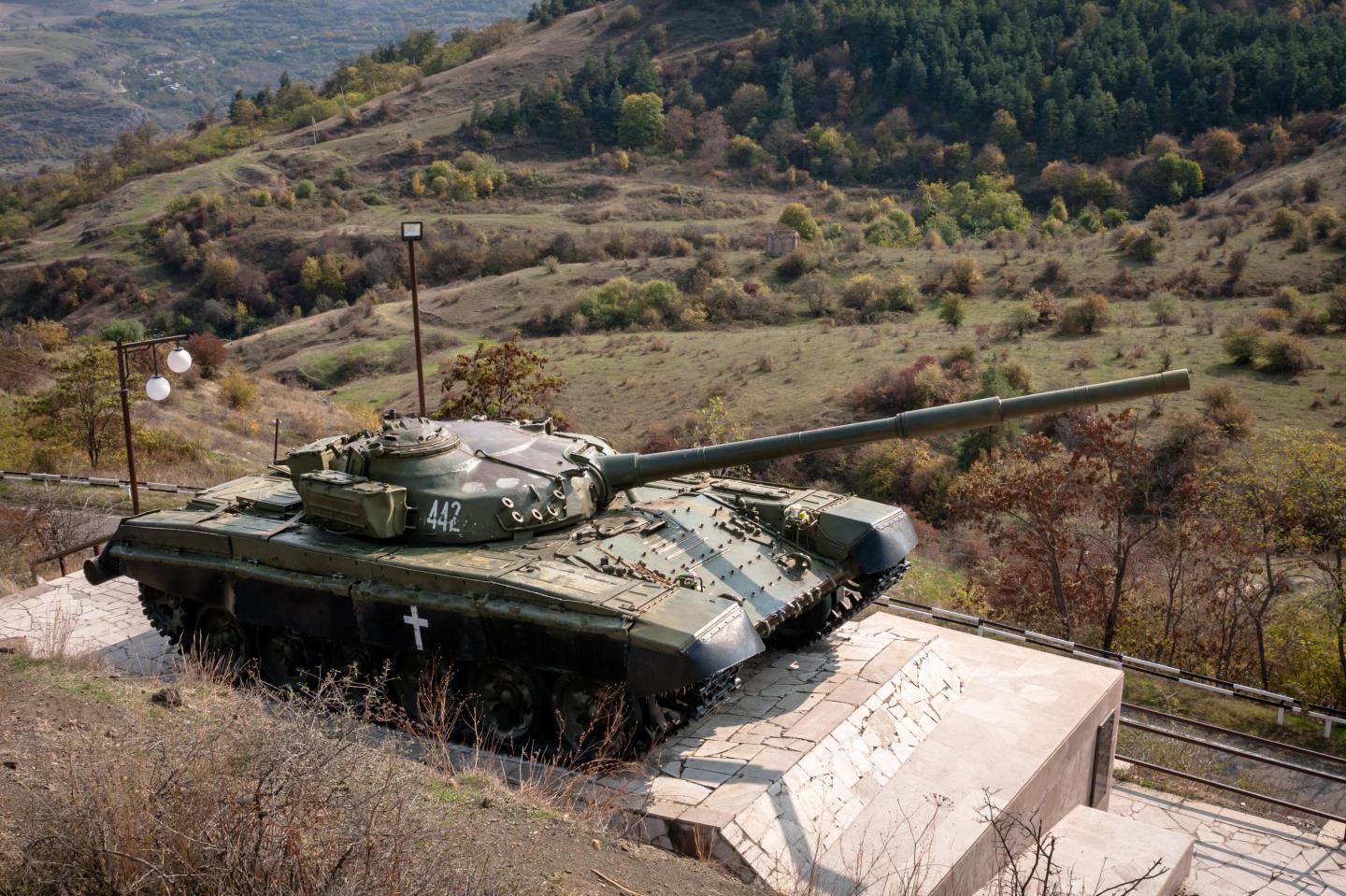Having survived conflict in Azerbaijan as a youngster, Aberdeen psychotherapist Nara Morrison knows first-hand the “ugly side of war” being experienced in Ukraine.
She was only a teenager when the First Nagorno-Karabakh War broke out in 1988.
The six-year conflict left loved ones traumatised, displaced, missing or dead.
Nara admits she doesn’t usually like talking about her personal history.
But, with the scenes between Russia and Ukraine stirring up memories of her own experiences, she feels it’s important to speak out.
‘My family is part of those terrifying statistics’
“When I was a teenager, a war started in my native Azerbaijan,” she explained.
“The neighbouring country claimed our lands and 20% of our territories were occupied.
“Tens of thousands were killed and injured. More than 4,000 people are still missing, almost 30 years after the war was over.
“Azerbaijan had one million refugees and internally displaced people. This made 10% of the Azerbaijani population, the highest per capita number in the world.
“Of course, statistics is important. But behind each number, there is a human life. And beyond these numbers are lives that have been destroyed by the war.
“I know this because members of my family were part of those terrifying statistics. My own family was affected by the events of those years.”
‘People talked about their beautiful Shusha till their last breath’
Nara’s family had to flee their homes, escaping with only the possessions they could carry while they were bombarded with shells.
She explained: “My dad was born in Shusha, the most important city of Karabakh. In May 1992, this city was occupied too.
“As a result, my grandparents, aunts and their young families had to leave their homes. They arrived in the capital city of Baku, all they could take was two small suitcases.
“One was my grandparents’, the other one my aunt’s family’s. They had nowhere to go. So, they stayed with us and with other relatives.
“Later, they received a place in a hostel where they still live even now.”
While many are getting the opportunity now to return to their homeland, Nara lives in the devastating knowledge her forbearers won’t.
“They lost their incomes and did not know if they’d ever go home. Today it is clear, that many will.
“But others, like my grandparents, uncles and my dad – the people who talked about their beautiful Shusha till their last breath – will never go back.
‘Every knock at the door made us jump’
Nara says, in order to have an understanding of how war impacts people’s mental health, these stories need to be told.
“I remember noticing my dad hiding his tears when he heard that the city he was born in was occupied,” she recalled.
“I remember the sadness in the eyes of my grandfather, the man who always smiled and tried to make the world a happier place. He was devastated.
“I remember sleepless nights watching the news and thinking whether my older cousins who fought in the war are alive.
“We mourned relatives who died because they did not manage to run away in time.
“Every call, every knock on the door made us jump, wondering if we were going to get bad news.”
‘We survived. But how do you recover from that?’
Nara was able to find some solace in studying, as focusing on her books let her “escape reality” – even for a brief moment.
One of her fellow students was mobilised to go to the war and she remembered feeling “so proud of him”, only to hear of his death a week later.
For those who did return from the war, the physical and psychological toll often proved devastating.
She said: “A friend’s brother returned from the war disabled. He never married and was always drunk. What dark stories was he trying to escape in that amount of drink?
“Another friend told me of a boy in their playground who got scared and ran away when a football burst – he thought it was a bomb.
“He never joined people to see fireworks. He was a refugee from the war zone.
“I remember funerals, tears, collective trauma. We survived. But how do you recover from that?”
Yesterday, Nara awoke to the “worst possible news” of Russia invading the Ukraine.
It made her “heart sink” as it brought back reminders of her past life.
“Images of war went through my mind. And I remembered the horrors we experienced as a nation,” she said.
In 2020, the second Karabakh war started – taking another toll on Nara’s mental health.
“Many young people died. Many have life-changing wounds. There are many devastated families. And the people will pay the emotional price for a long time.
“The effect on ordinary people was immense too. I know people who couldn’t eat or sleep.
“I personally stopped working because I couldn’t focus at all,” she admitted.
‘I went to my grandfather’s house, not a single wall existed’
She believes this sense of helplessness will apply to many Ukrainians living abroad.
“All my thoughts were thousands of miles away from the people who are at war, with my family in Azerbaijan.
“I believe this is how Ukrainians living in Scotland or another part of the world feel,” she explained.
“My thoughts are also with civilians who are affected. Some will lose homes after intense shelling or bombing.
“Others will flee to protect themselves and their loved ones.
“I know what it is like to lose your family home. After the liberation of Shusha, I was among the lucky few who were invited to go to [back].
“I went to look for my grandfather’s house. It was a three-storey house with a large garden and a chicken coop. The only thing that was left is a wall of a chicken coop.
“Not a single wall of the house existed. What hurt me most though was the disappearance of a huge pear tree from my grandfather’s garden.
“It was mighty, its shadow covered a long table at which I spent many days with my family and cousins.
“It wasn’t just a tree. It was a symbol of a happy childhood. And it was brutally taken away from me,” she added.
‘I wish I had a magic wand, I don’t’
Nara warns that, even though this war may one day come to pass, the trauma it will leave behind will be long-term and felt by both sides.
“The impact of this war will be felt by many Ukrainians and Russians not only in their respective countries but also abroad, including Scotland,” she said.
“We don’t know what the future holds. We hear about the latest events being called the beginning of World War Three. And we feel helpless because we can’t do much about it.
“I feel for the people of Ukraine. However, it will be wrong not to mention Russian people. We need to remember that the Russian president is not the Russian people.
“We must respect and understand them too. We must support them too. I know many Russian people in Aberdeen who spoke against this invasion and feel shocked.
“I wish I had a magic wand that I could wave and things would go back to normal.
“I don’t have a wand.”
